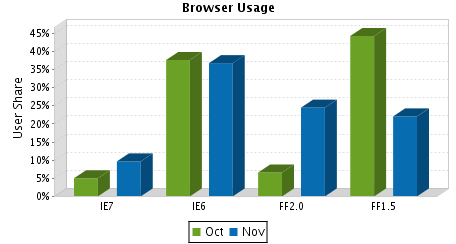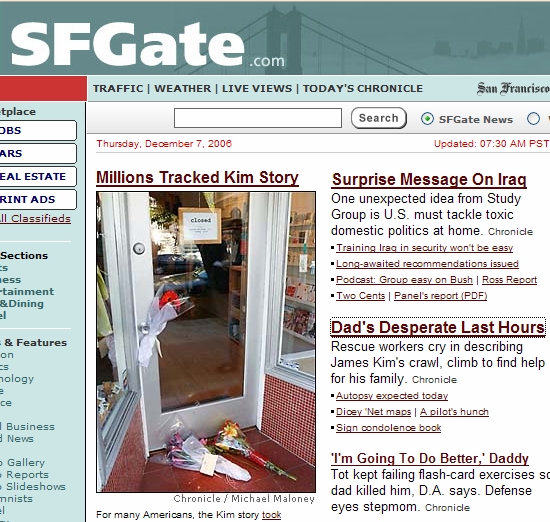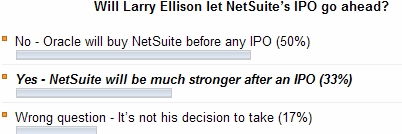 I’ve been unable to access Reddit for three days now. I doubt it’s a major outage, as nobody seems to complain about it. A Boston-based friend reported not being able to reach it for a day, but then it came back normal.
I’ve been unable to access Reddit for three days now. I doubt it’s a major outage, as nobody seems to complain about it. A Boston-based friend reported not being able to reach it for a day, but then it came back normal.
I’ve temporarily changed my DNS servers from Comcast to OpenDNS: same results.
Any clues?
Thanks.
Update (12/15): I’ve found the answers, perhaps not surprisingly, of all places on Reddit competitor Digg. It was indeed a botched domain transfer, but the effect is taking longer than expected. Oh, and while at it, they also had some backup media stolen.  The reddit team feels “confident, however, that because we do not collect any personal information from our users, the ability to do harm with the data that was taken is greatly reduced.” However, since userid, password and email data are compromised, they are warning anyone who uses the same credentials at other sites to change it all.
The reddit team feels “confident, however, that because we do not collect any personal information from our users, the ability to do harm with the data that was taken is greatly reduced.” However, since userid, password and email data are compromised, they are warning anyone who uses the same credentials at other sites to change it all.

 (Updated)
(Updated)
 ). Clearly, the majority of new IE7 users are not IE6 upgraders, they came from the Firefox camp.
). Clearly, the majority of new IE7 users are not IE6 upgraders, they came from the Firefox camp.

 . I couldn’t.
. I couldn’t.  . A “good” example of bad design getting in the way of creativity. Which is quite typical of The Microsoft Way.
. A “good” example of bad design getting in the way of creativity. Which is quite typical of The Microsoft Way. 





 “Chazarus Hill Sr., 27, repeatedly used a belt, his fists and switches to assault his son, Chazarus “Cha Cha” Hill Jr., who underwent a “very painful and slow death” after suffering contusions and internal bleeding.”
“Chazarus Hill Sr., 27, repeatedly used a belt, his fists and switches to assault his son, Chazarus “Cha Cha” Hill Jr., who underwent a “very painful and slow death” after suffering contusions and internal bleeding.” 


Recent Comments